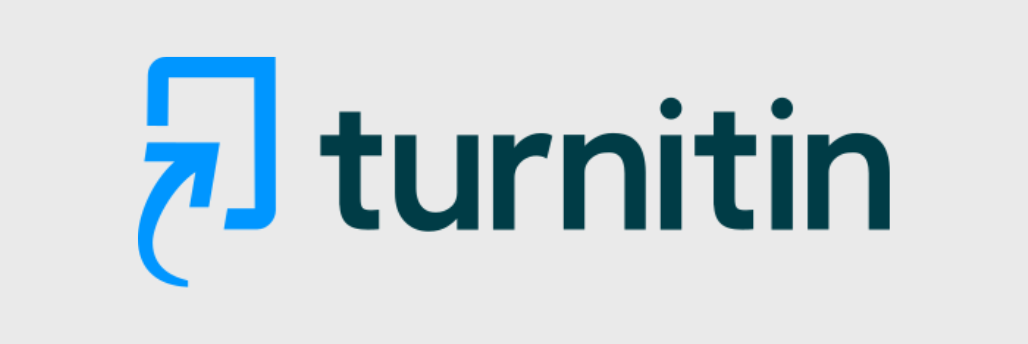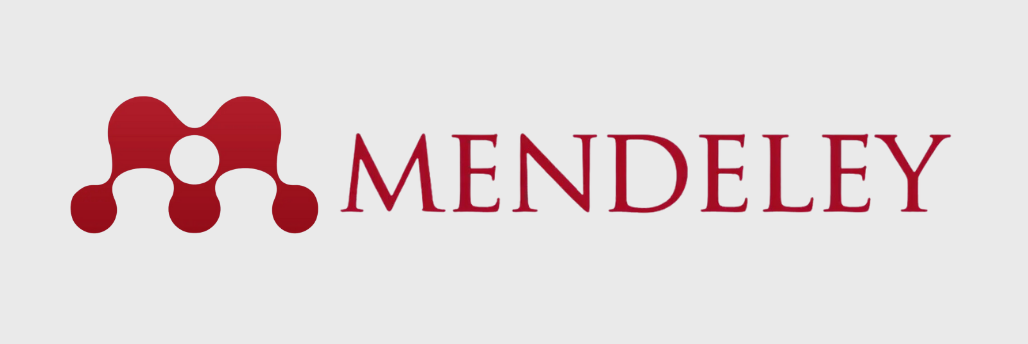LEGAL AND SOCIOLOGICAL APPROACHES TO ERADICATING CORRUPTION: A CHALLENGE AND SOLUTION
Keywords:
Corruption, Challenges, Solutions, CrimeAbstract
In Indonesia, corruption is a significant problem that endangers many aspects of national, state, and social life. Corruption has harmed the internal and external environment and resulted in material losses. Harmonious laws, international cooperation, integrated law enforcement, and active community participation are needed to solve this problem. In addition, challenges in eradicating corruption must be overcome by improving training and education and implementing moral values. This study aims to understand the characteristics of normative legal knowledge, understand, explain, and apply legal regulations and the principles that serve as guidelines. The method used is a normative legal approach, namely a type of legal research conducted by analyzing secondary data or raw materials. Corrupt practices must be actively avoided, and corruption courts must play a proactive role in eradicating corruption. The results of this study are strict law enforcement, eradication of gratification, increased transparency and accountability, and increased community legal and ethical awareness. Cooperation is needed from various parties, including the government, law enforcement agencies, and the community, to overcome this corruption problem jointly. With extensive efforts, the negative impacts of corruption can be reduced
References
Budiman, M. (2021). Tantangan dan Isu Strategis Gerakan Antikorupsi Terkini. Syntax Idea, 3(10), 2155–2170. https://doi.org/https://doi.org/10.46799/syntax-idea.v3i10.1504
Dedy Suryana, K. (2020). Peran Penting Tokoh Masyarakat Dalam Pemberantasan Korupsi. Jurnal Ilmiah Raad Kertha, 2(2), 48–57. https://doi.org/10.47532/jirk.v2i2.161
Disyahputra, A. (2023). Efektifitas Pendidikan Anti Korupsi Dalam Mencegah Tindak Pidana Korupsi. Jurnal Hukum Non Diskriminatif, 2(1), 87–90. https://doi.org/10.56854/jhdn.v2i1.230
Firman, H., & Candra, A. (2024). Efektifitas Hukum Pidana Dalam Pemberantasan Korupsi. Jurnal Serambi Hukum, 17(01), 142–157. http://www.kpk.go.id/id/tentang-kpk/undang-undang-pendukung
Gultom, M. F., Simanjuntak, L., Dewi, A. E., Widiyani, H., Raja, U. M., & Haji, A. (2024). Peran Teknologi Informasi Dalam Pencegahan korupsi (Studi Kasus Implementasi Sistem E-Govemment). Jurnal Ilmu Hukum, 1(2), 33–42. https://doi.org/XX..XXXXX/syariah
Hidayati, A., Sitompul, S. A., Hudi, I., Multahada, A. R., Elvina, D. T., Andini, B. A., Algifari, M. H., & Riau, U. M. (2024). Pengaruh Model Pembelajaran Demokrasi Terhadap Public Figur Yang Melakukan Korupsi. Jurnal Ilmiah Multidisiplin, 1(6), 430–437. https://doi.org/10.62017/merdeka
Jama, A., & Wijarnako, R. (2024). Membaca Sikap Antisosial dalam Praktik Korupsi di Indonesia ( Tinjauan Atas Konsep Manusia Menurut Thomas Hobbes ). Souvereignty : Jurnal Demokrasi Dan Ketahanan Nasional, 3(2), 59–68.
Jawa, D., Malau, P., & Ciptono, C. (2024). Tantangan Dalam Penegakan Hukum Tindak Pidana Korupsi Di Indonesia Corruption Criminal Law Enforcement Challenges in Indonesia Nilai Indeks Persepsi Korupsi Indonesia tertinggi di Asia Tenggara . Ini berbeda. 7(2), 6–7. https://journals.usm.ac.id/index.php/julr/article/view/9507/4423
Marzuki, I., & Jadid, U. N. (2024). Korupsi sebagai Kejahatan Serius : Evaluasi Peran Lembaga Anti-Korupsi. 1, 16–26.
Pahlevi, F. S. (2022a). Pemberantasan Korupsi Di Indonesia: Perspektif Legal System Lawrence M. Freidman. Jurnal El-Dusturie, 1(1), 23–42. https://doi.org/https://doi.org/10.21154/eldusturie.v1i1.4097
Pahlevi, F. S. (2022b). Strategi Ideal Pemberantasan Korupsi Di Indonesia. Al-Syakhsiyyah: Journal of Law & Family Studies, 4(1), 44. https://doi.org/10.21154/syakhsiyyah.v4i1.4251
Pengaturan, U., Delik, K., Presiden, P., Indonesia, R., Dengan, D., & Pemerintahan, S. (2022). Jurnal Supremasi ,. 12(013), 79–93.
Ramadhan, A., Triadi, I., Hukum, F., Pembangunan, U., & Veteran, N. (2024). Hukum Tata Negara Dan Pemberantasan Korupsi Tinjauan Terhadap Strategi Hukum Dan Kebijakan Anti Korupsi. Innovative: Journal Of Social Science Research Volume, 4(3), 1–12.
Reda, E. M., Budiartha, I. N. P., & Widyantara, I. M. M. (2020). Konsepsi Hukum Progresif dalam Pengaturan Tindak Pidana Korupsi di Indonesia. Jurnal Interpretasi Hukum, 1(2), 35–39. https://doi.org/10.22225/juinhum.1.2.2431.35-39
Salsadila, N., Efritadewi, A., & Widiyani, H. (2023). Pemberantasan Tindak Pidana Korupsi di Indonesia: Masalah dan Solusinya. Indonesian Journal of Law and Justice, 1(2), 9. https://doi.org/10.47134/ijlj.v1i2.2048
Sinaga, R. R. P., & Gulo, A. (2023). Korupsi dan Budaya Malu: Kontribusi Budaya Malu bagi Pengembangan Teologi Malu dalam Upaya Pemberantasan Korupsi di Indonesia. GEMA TEOLOGIKA: Jurnal Teologi Kontekstual Dan Filsafat Keilahian, 8(2), 151–166. https://doi.org/10.21460/gema.2023.82.984
Sulistiani, S., Hafrida, H., & Monita, Y. (2023). Dasar Pertimbangan Hakim Dalam Memberikan Putusan Lepas (Onslag) Terhadap Pelaku Tindak Pidana Korupsi. PAMPAS: Journal of Criminal Law, 4(1), 62–73. https://doi.org/10.22437/pampas.v4i1.25352
Sundari, E. (2024). Cendikia pendidikan. Cendekia Pendidikan, 4(4), 50–54
Downloads
Published
Issue
Section
License
Copyright (c) 2024 Mery Yulian, Aji Mulyana (Author)

This work is licensed under a Creative Commons Attribution-NonCommercial-ShareAlike 4.0 International License.






